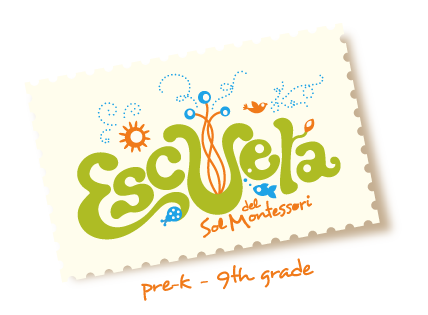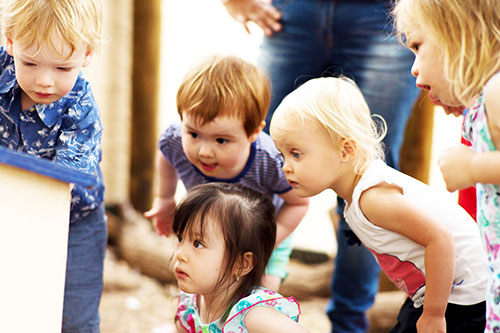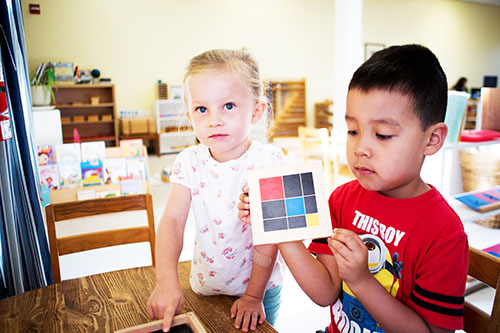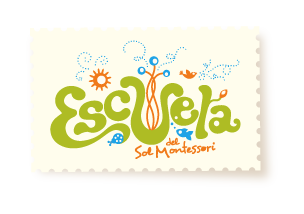Through the Montessori Method, Classroom Guides continuously assess the strengths, challenges, and progress of each student in both academic work and life-skills development. Every interaction is an opportunity to gain insight into needs and skills. Every lesson involves conversation and demonstration of knowledge, and often begins with a student-led review of material. For example, “Today I have something new to show you about fractions! What do you remember about fraction equivalence?” These informal conversations are founded on trust and respect, allowing children to make mistakes, ask for help, and show what they know and how they understand.
In addition to such informal assessments, Guides meet regularly with students to discuss progress and set goals. Such conferences grow in formality and sophistication as the children get older. The student’s role in this conference changes as they are able to manage more responsibility. Not only is a child’s Guide aware of their level of competency, the Guide can consider the individual needs of each student and respond with a customized approach to guide their learning, involving the student in this process.
Escuela del Sol Montessori does not provide conventional grades or quantitative assessments of a child’s work. Grading offers a limited evaluation of a student’s work and encourages the child to work for the grade. We want to encourage children to work for the intrinsic satisfaction of increasing personal competency and knowledge rather than to please adults. This approach fosters self-reflection and competition with oneself. Grading can create an artificial environment of winners and losers, undermining a significant opportunity to develop collaboration, community, and the unique powers of each individual. A letter grade cannot accurately communicate the depth and nuance of a student’s learning. We have found that open communication between Guides and parents is the best way to clearly discern a child’s distinctive successes and challenges.






